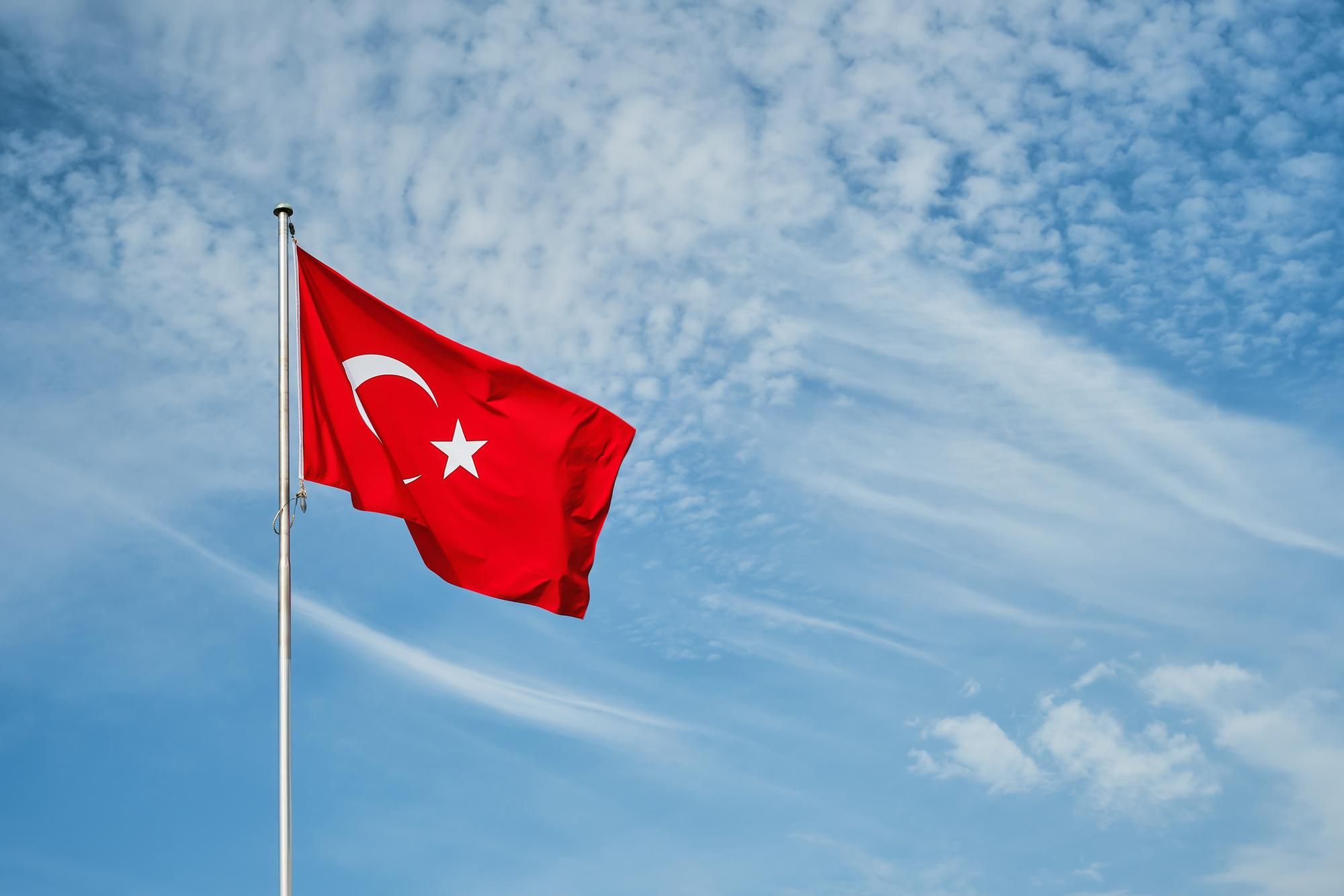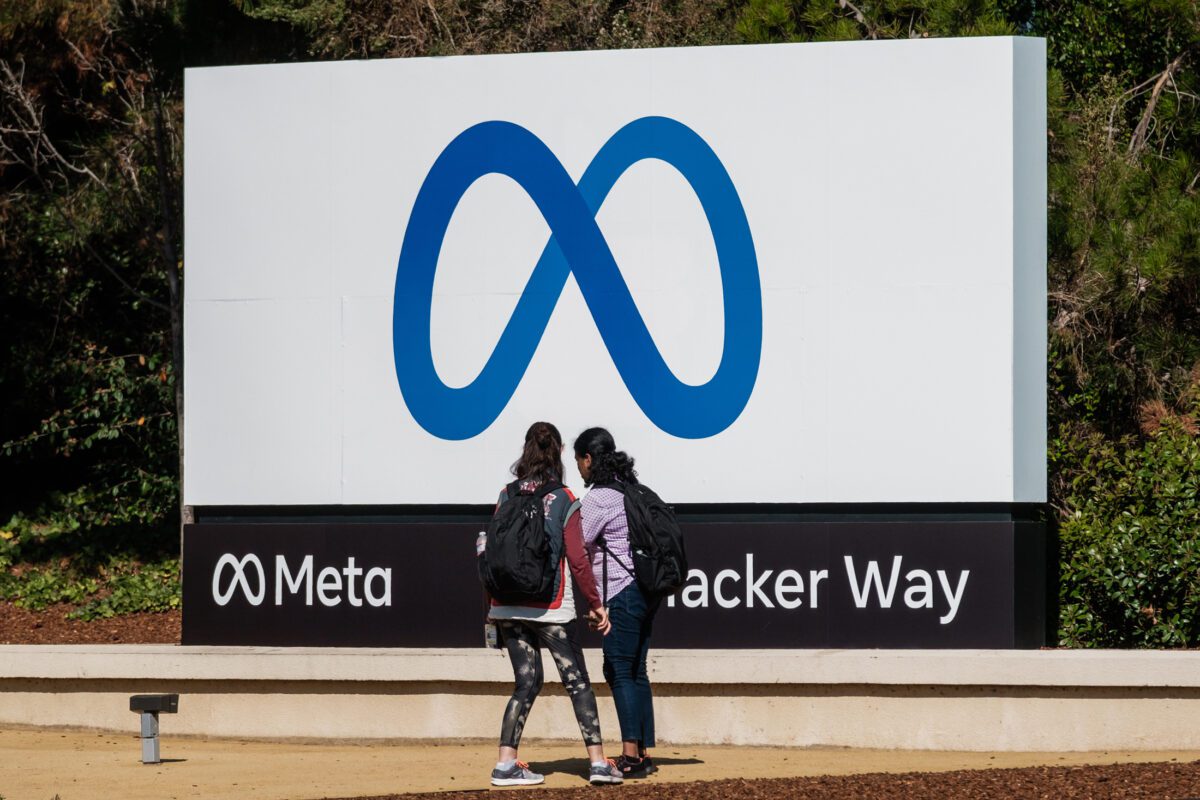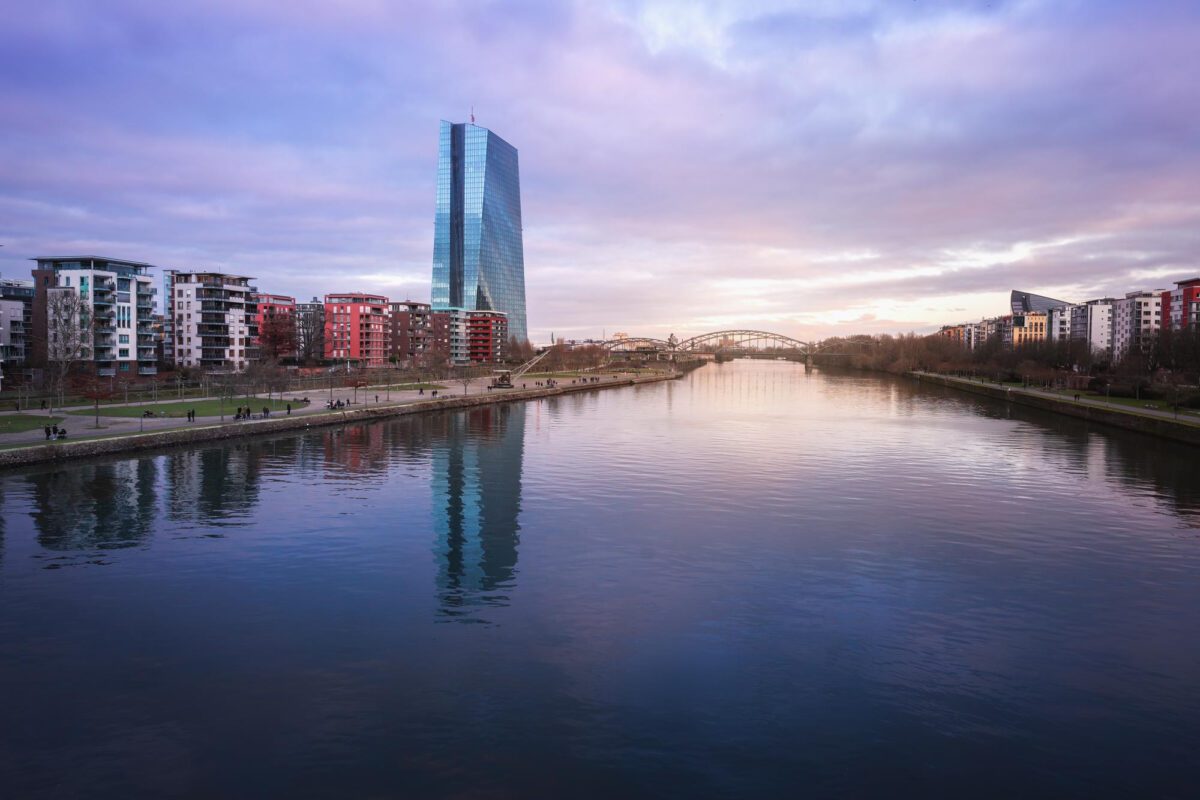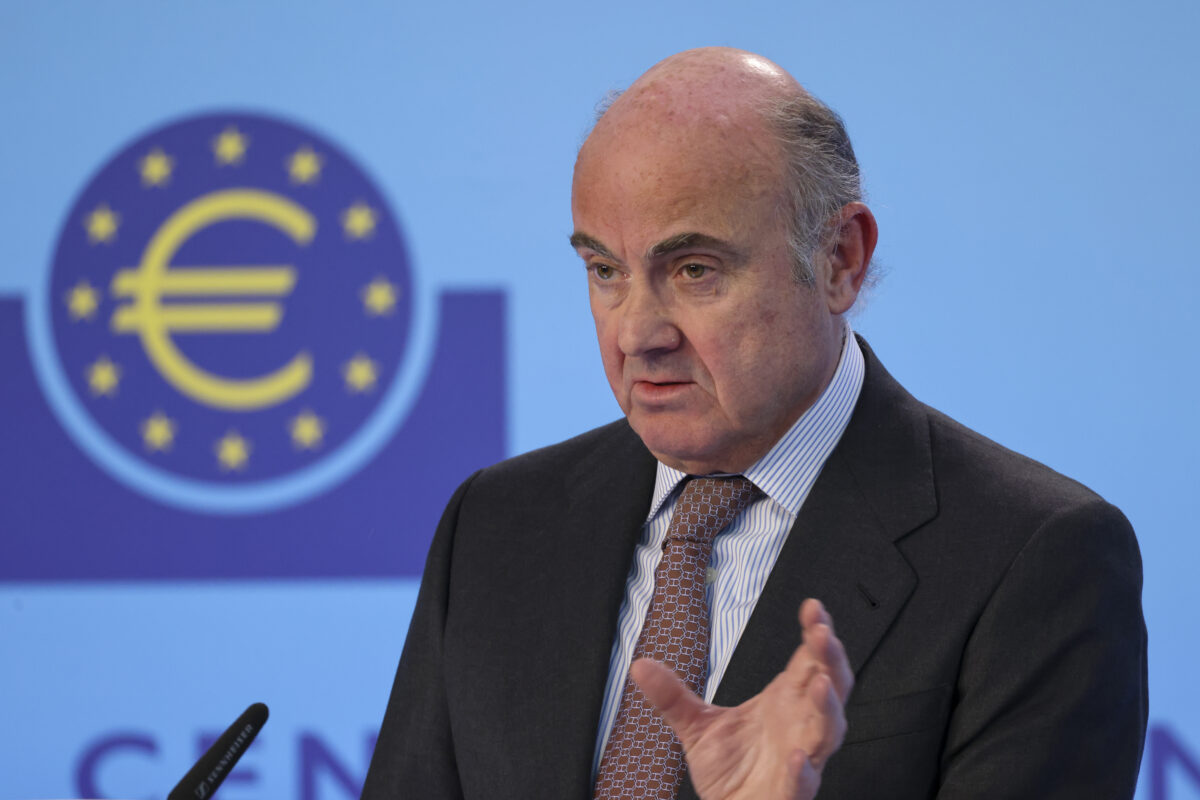FMW-Redaktion
Der niederländische Finanzminister und gleichzeitig auch Chef der Eurogruppe Jeroen Dijsselbloem hat in einer aktuellen Rede seine Meinung zum Brexit, zu Donald Trump und auch zu anderen Themen klar dargelegt. Hier die interessantesten Inhalte. Laut Dijsselbloem hätten die Briten zum Beispiel den Fehler gemacht nach der Aufnahme von Ländern wie Bulgarien und Rumänien in die EU den heimischen Arbeitsmarkt und Sozialstaat sofort und vollumfänglich für Menschen aus diesen Ländern zu öffnen. Er betont in diesem Zusammenhang auch, dass Länder wie Deutschland und die Niederlande eine siebenjährige Übergangsphase benutzt hätten um ihre Märkte in eine Art Übergangsmodus zu bringen.
Er sagte, dass es undenkbar sei, dass die EU in UK ansässigen Finanzdienstleistern erlaube frei in der EU zu agieren, ohne dass sich die UK-Standards an die der EU anpassen. Dies sei für ein bald wieder voll souveränes Großbritannien wohl schwer zu akzeptieren, so Dijsselbloem. Auch warnt er UK davor sich als eine Art Offshore-Steueroase neu zu definieren für den Fall, dass die EU den freien Zugang zum Binnenmarkt verweigere. Theresa May redet ja jüngst nur noch von einem Freihandelsabkommen mit der EU, aber das kommt ja letztlich auf das selbe raus. UK solle wie bisher zusammen mit der EU daran arbeiten Steuervermeidung zu bekämpfen, und nicht selbst einen Steuerwettbewerb nach unten voranzutreiben, so fassen wir seine Worte mal sinngemäß zusammen. Zitat:
The first is the relationship between the City as the largest financial center in Europe, and the EU rules and regulations, standards and supervisors for the financial sector. It is unthinkable that the EU will allow UK based financial institutions full access to do business in the internal market without a sustainable coupling of future (dynamic) UK standards to the EU framework. At the same time I realize that, given the promise of full sovereignty, this will be a hard truth to accept for the British.
Secondly, we need to talk about taxes. We have made a lot of progress in pushing back tax avoidance in the last couple of years. The UK has played an active part in this. Yet, the work on this topic is far from finished. In all of our countries – and the British are no exception – the people demand fair taxation, also for multinationals. And the only way to achieve this, is by far reaching international cooperation. The question now is, whether the UK will go the Trump-way or continue to work closely with its European partners. We have heard threats of going rogue and creating an offshore tax haven, just of the coast of Europe. That would be a huge mistake. And it would certainly stand in the way of a fair trade deal that would suit us both.
Der Trump-Hinweis
Dijsselbloem will Europa als Ganzes mit seiner Rede eine Art Denkanstoß oder „Trump-Hinweis“ geben. Sinngemäß kann man seine Worte so interpretieren, dass Europa durch die neue US-Politik relativ isoliert und alleine da steht, und sich jetzt nicht mehr auf die USA verlassen kann (Thema Verteidigungspolitik). So sagte er wortwörtlich, dass man in Europa jetzt den Fakt akzeptieren solle, dass man sein Schicksal jetzt in die eigene Hand nehmen müsse. Man könne nicht mehr abwarten was da über den Atlantik komme. Man sei auf sich selbst gestellt und müsse nun abliefern. Also ein Hinweis an die europäische Politik jetzt offensiv dem Bürger etwas zu bieten, also zum Beispiel wie es mit einem passiveren US-Partner in Sachen Ukraine, Russland und IS weitergehen soll.
The new Trump administration is another reason to rethink our position. The transatlantic relations are shifting. In many ways. Geopolitical issues, defense and security, tax issues, the future of international financial institutions, and off course trade are now surrounded by question- and exclamation marks. Trump challenges Europe in many ways. I think we have to accept the fact that we will have to take our fate in our own hands. No use watching and waiting for what will come from across the Atlantic. We’re on our own. And we need to deliver. The EU needs to provide security and economic perspectives. Trust in both has been hampered in the years behind us. The EU was part of the disappointment, for many people in Europe. From a historic perspective, the EU is still a major success and a huge accomplishment. Yet it was build taking giant steps and a lot of risks.
Alles wieder gut in Euroland
Und Dijsselbloem ist überzeugt davon, dass die Krise in der Eurozone inzwischen überwunden ist. Als er sein Amt antrat, sei das durchschnittliche Haushaltsdefizit in der Eurozone noch bei 4% gewesen, jetzt sei es bei -1,5%. Sparen sei nicht mehr im Fokus, sondern es gehe zunehmend um Reformen und Investitionen. Es müsse zwar noch mehr getan werden, aber es gehe langsam bergauf. Zitat:
So, to sum up:
1. All member states that needed financial help during the crisis – perhaps except one – are now standing on their own legs again.
2. The fiscal situation throughout the Eurozone has improved.
3. And the Banking Union has helped stabilizing and further strengthening the financial sector.
So it is fair to say the Eurozone has left the crisis behind. Still, the apocalyptic stories about the euro remain unchanged.
–
–
–
–
Quelle: Eurogruppe
Kommentare lesen und schreiben, hier klicken














das durchschnittliche Haushaltsdefizit ist jetzt bei -1,5% ?….von was redet er um welche Haushalte geht es?
„Alles wieder gut in Euroland“
Na, dann ist ja alles gut.
Oder was war noch mal mit dem Begriff „alternative Fakten“
gemeint?
Schwadronieren auf höchstem Niveau !!!
wenn es heißt die Eurokrise ist vorbei gehts wohl bald wieder los
Ich bin heterogen männlich.Das muss man vorher sagen,um nichts zu verstellen.Der Jeroen Gänseblümchen sieht zwar zuckersüss aus und findet daher Partner in allen Bereichen,intelligenzmässig ist da allerdings weniger festzustellen.Egal,für Europa reicht es allemal!Wir schaffen das.TINA.There is no Alternative!Ich befürchte das Schlimmste!